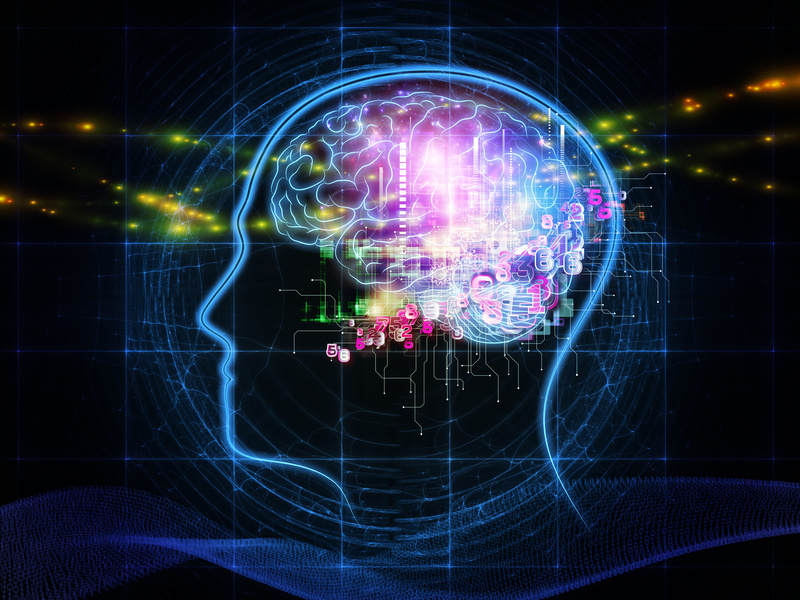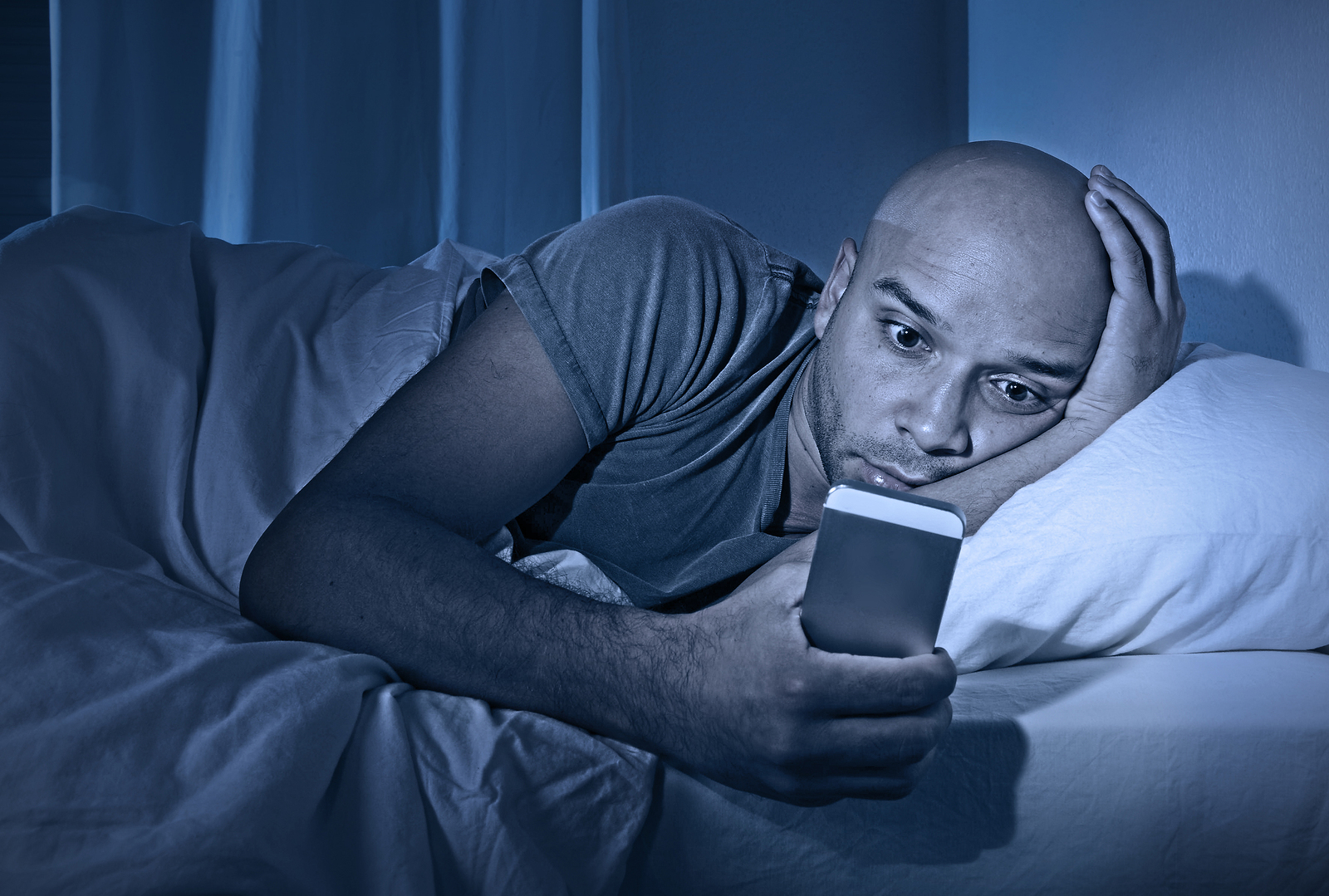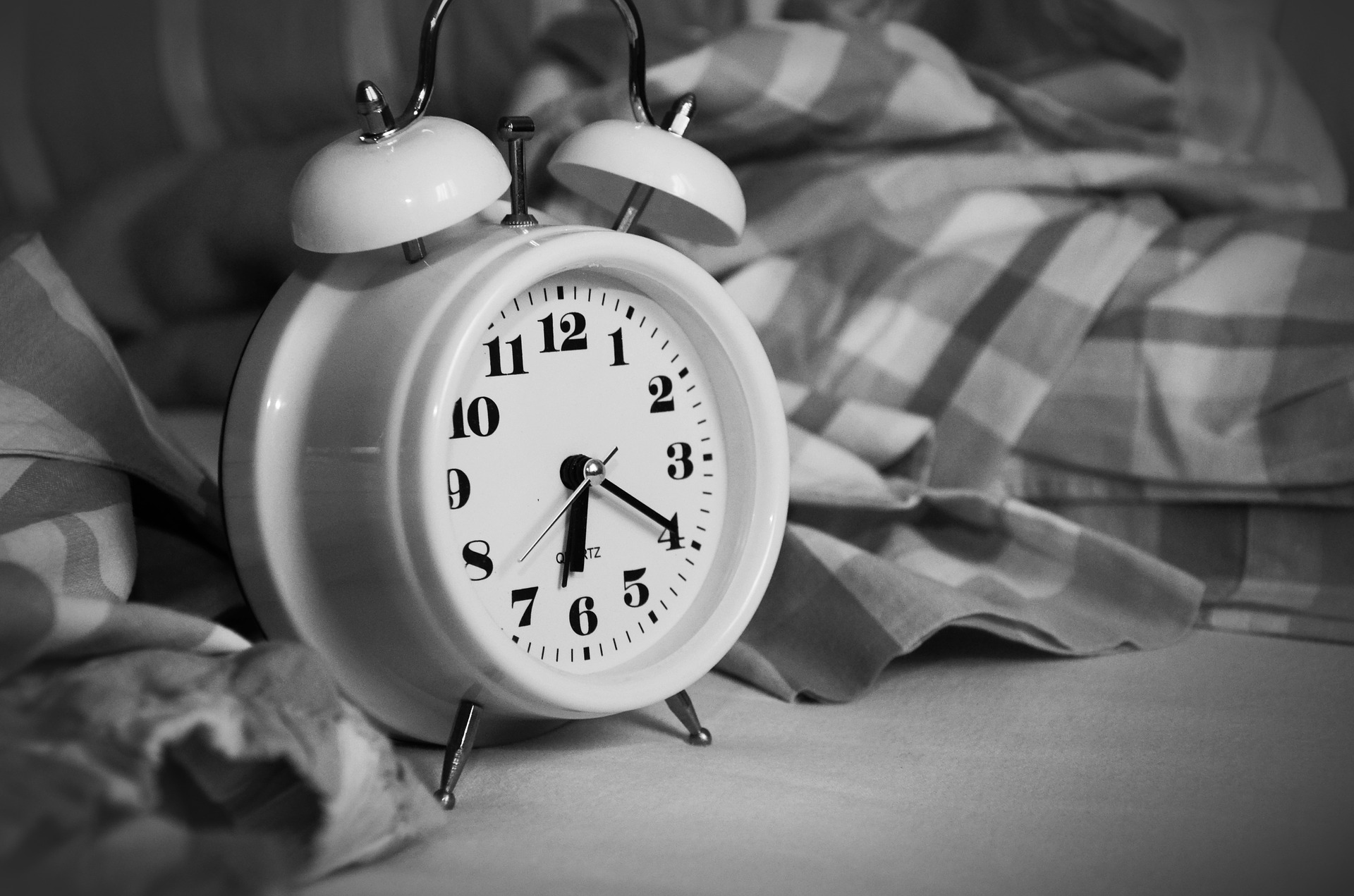You have to wake up early tomorrow, however, you don’t feel tired, so you go on your phone to quickly check Instagram or Facebook and suddenly its 2 or 3 a.m. before you can finally fall asleep. According to the National Sleep Foundation, 95% of people in the U.S. admit to using an electronic device within the hour before slumber. This not only causes you to sleep later, but also substantially lowers the quality of sleep, leaving you feeling tired throughout the day. This can interfere with various aspects of your life including work, school, or driving. Poor sleep has also been linked to obesity, growth hormone imbalance, chronic illness… the list goes on and on.

Brain Activity Credit: Saad Faruque
Using your phone, watching television, or using any electronic device before bed delays the circadian rhythm, which is a 24-hour internal clock that cycles between sleepiness and alertness. Dr. Charles Czeisler from Harvard Medical School showed that daylight helps to keep your body’s circadian rhythm aligned with the environment. Therefore, when exposed to the blue light emitted from these electronic devices, your body perceives it as daylight, and as a result, your body will suppress the secretion of the sleep-inducing hormone melatonin and remain in a state of alertness. This shifts your circadian clock later and later, making it harder and harder for you to fall asleep.

Phone before Sleep Credit: Courtesy Photo
According to researchers at Harvard Medical School, blue light is the most effective at altering the body’s circadian rhythm. However, it was found that other sources of light, such as green light, can also alter the body’s circadian rhythm under certain conditions. This is because the photoreceptor system in the human eye is responsible for resetting the internal circadian body clock through the detection of light. These photoreceptors are very responsive to blue light; however, new research shows that the another set of photoreceptors in the human eye, which are sensitive to green light, also have an impact the internal circadian body clock. The researchers found that when exposed to dim light, green light is equally as effective as blue light in delaying circadian rhythm, however, the effects of green light die off more quickly and hence blue light suppresses melatonin for about twice as long as green light.

Morning Alarm Credit: Pixabay
To conclude, blue light exposure before bedtime can negatively harm your sleep and health by being physiologically and psychologically stimulating. So next time you are lying in bed and can’t fall asleep you should think twice about checking your phone.
-Jonathan Raj
